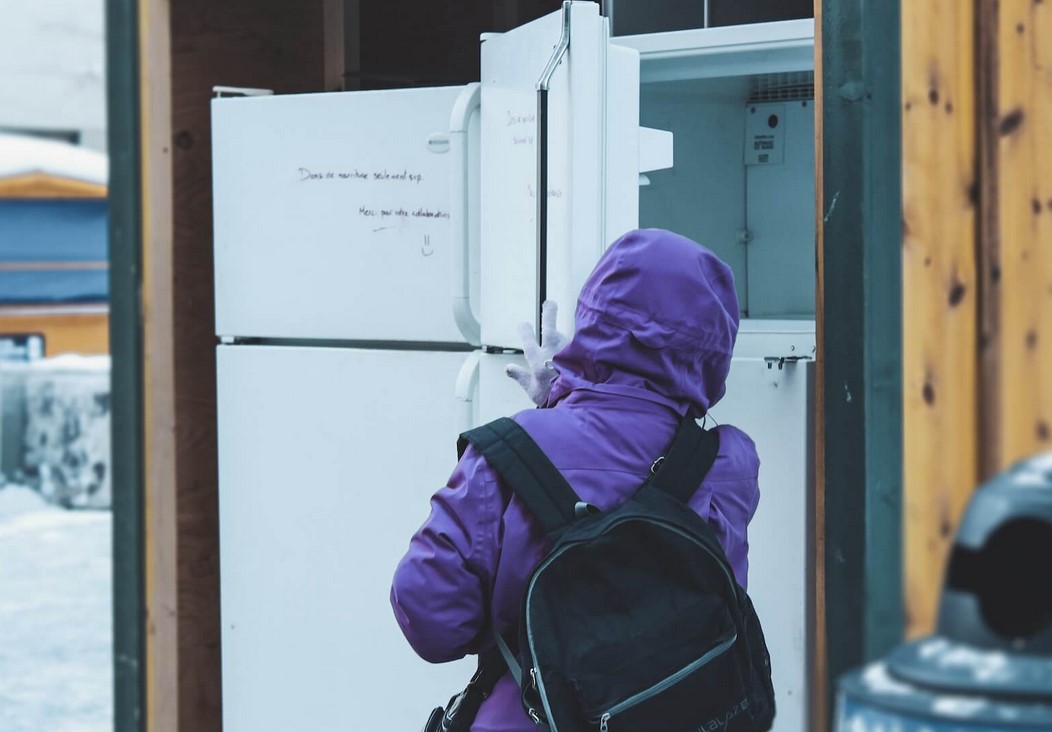by Jocelyn Solis-Moreira, Activist Post:

More people are having trouble getting food on the table, according to a recent study. While food insecurity is a growing concern in the United States, the research suggests the number of people with limited access to food is actually higher than what official reports estimate.
Food insecurity is a term for not having access to enough food to maintain an active and healthy lifestyle for everyone living in a single household. The U.S. Department of Agriculture sends out an annual survey to collect data on food spending and access to food per household. The data helps to inform policies which address the causes and consequences of food insecurity. However, with the disruption of the COVID-19 pandemic, the current study finds these reports underestimated recent food insecurity cases by as much as one-third.
TRUTH LIVES on at https://sgtreport.tv/
The rate of national food insecurity did not change by much in 2019 (10.5%), 2020 (10.5%), and 2021 (10.2%). In California, food insecurity actually went down by one percent from 2019 to 2021.
The official numbers, however, vary greatly from the data collected weekly from Los Angeles County and the U.S. Census Household Pulse Survey. For example, the Household Pulse Survey found that L.A. County’s food insecurity more than doubled to 21.8 percent from February to April-May of 2020.
One reason for the big difference in reporting numbers has to do with people recalling their experience with food insecurity. Researchers explain that being asked about their recent experiences helped in collecting their recent experience. In Los Angeles, people were asked 11 times about food insecurity throughout 2021. By December, only one-third of people who reported food insecurity earlier in the year did not report it again when asked if they ever experienced it this year.
“Memory plays a key role in accuracy,” says Kayla de la Haye, the lead researcher and associate professor of population and public health sciences at Keck School of Medicine of the University of California, in a media release. “That’s why the time frame during which a survey is conducted is vital, as recall is biased against events that are less frequent or further away.”
To gather better estimates of food insecurity, the authors recommend the Department of Agriculture and other food agencies conduct surveys multiple times a year asking them about their experience with food insecurity situations in the past week or month. Doing so can help policymakers identify areas in crisis and what efforts are helping to address this issue.



